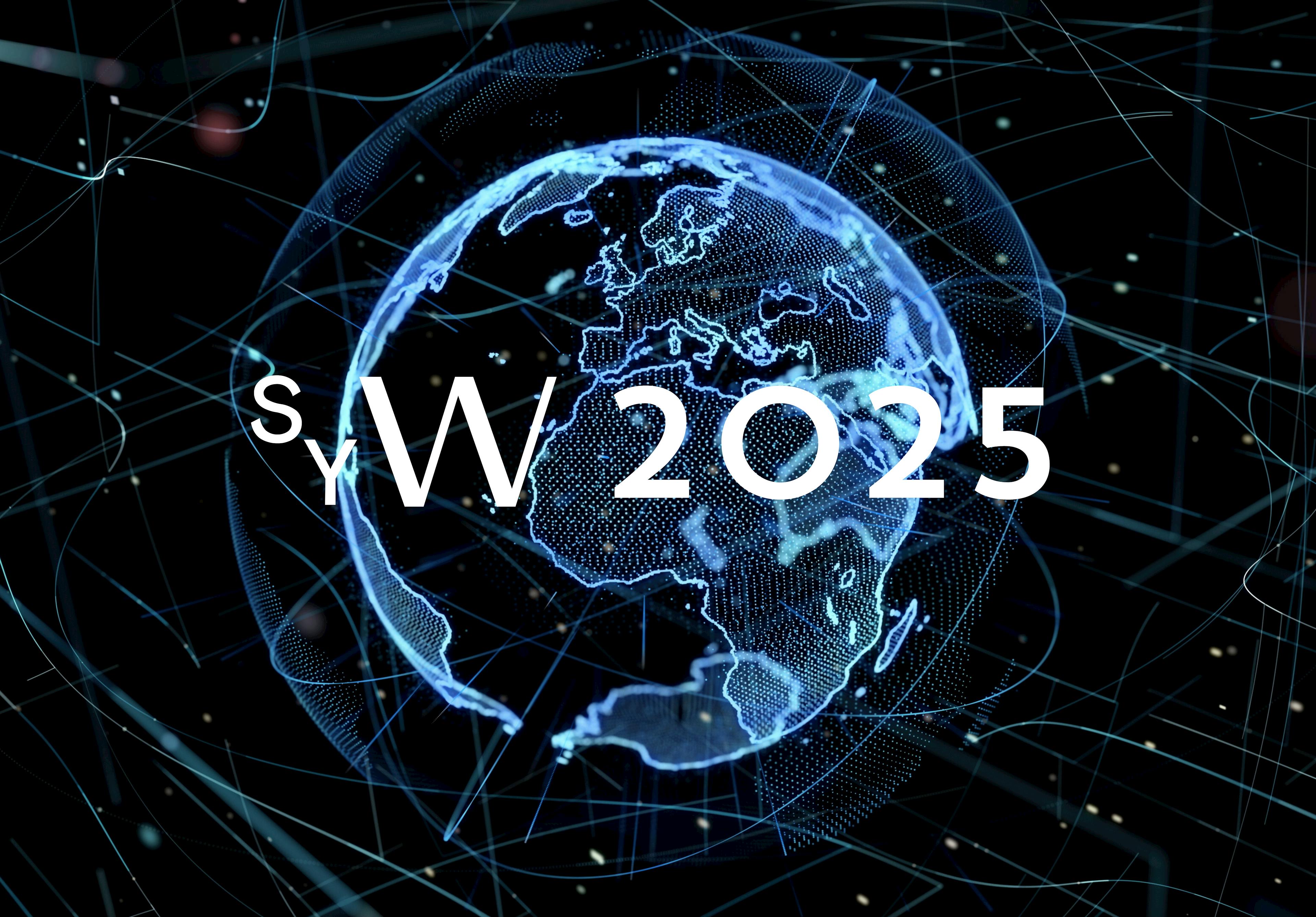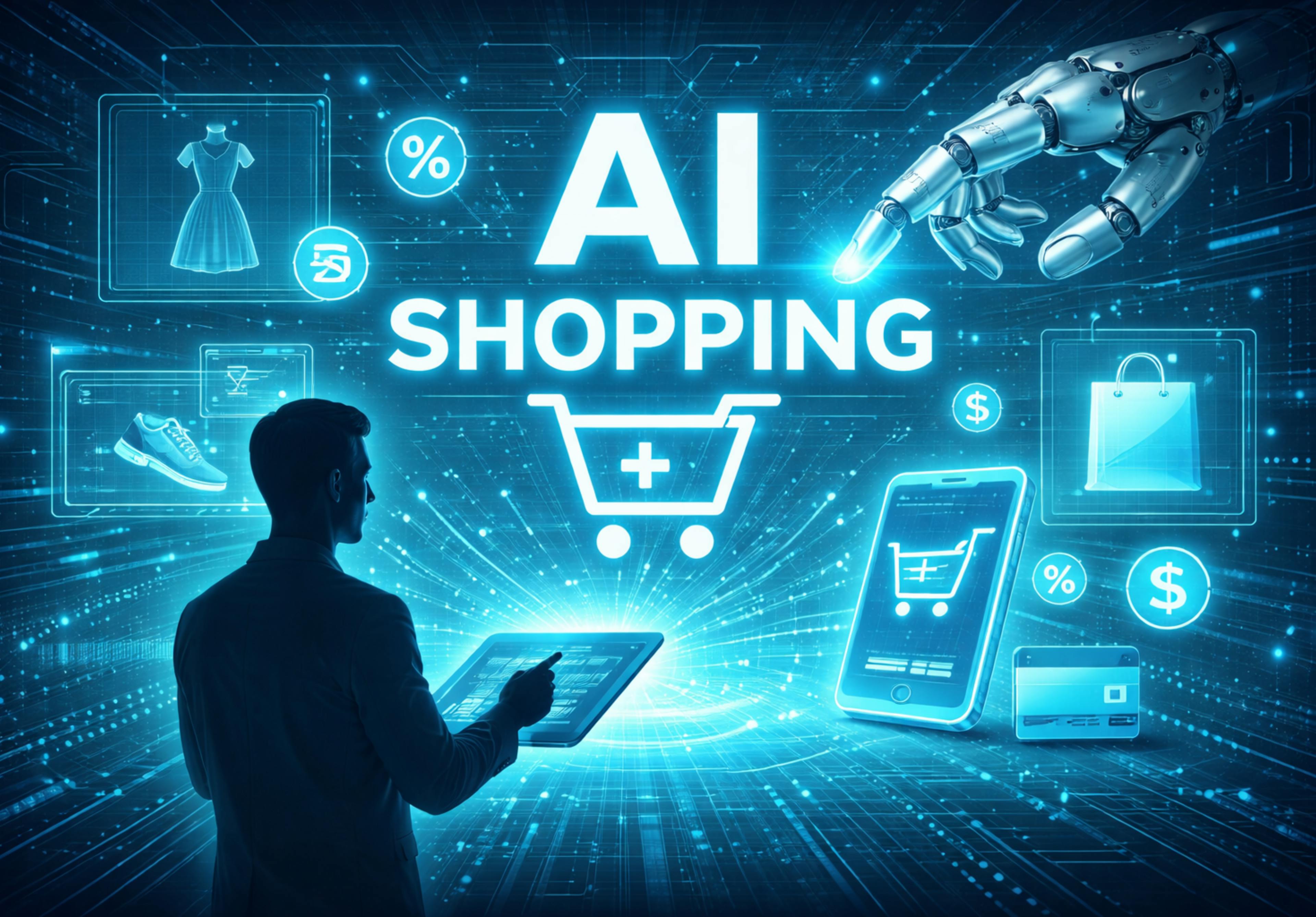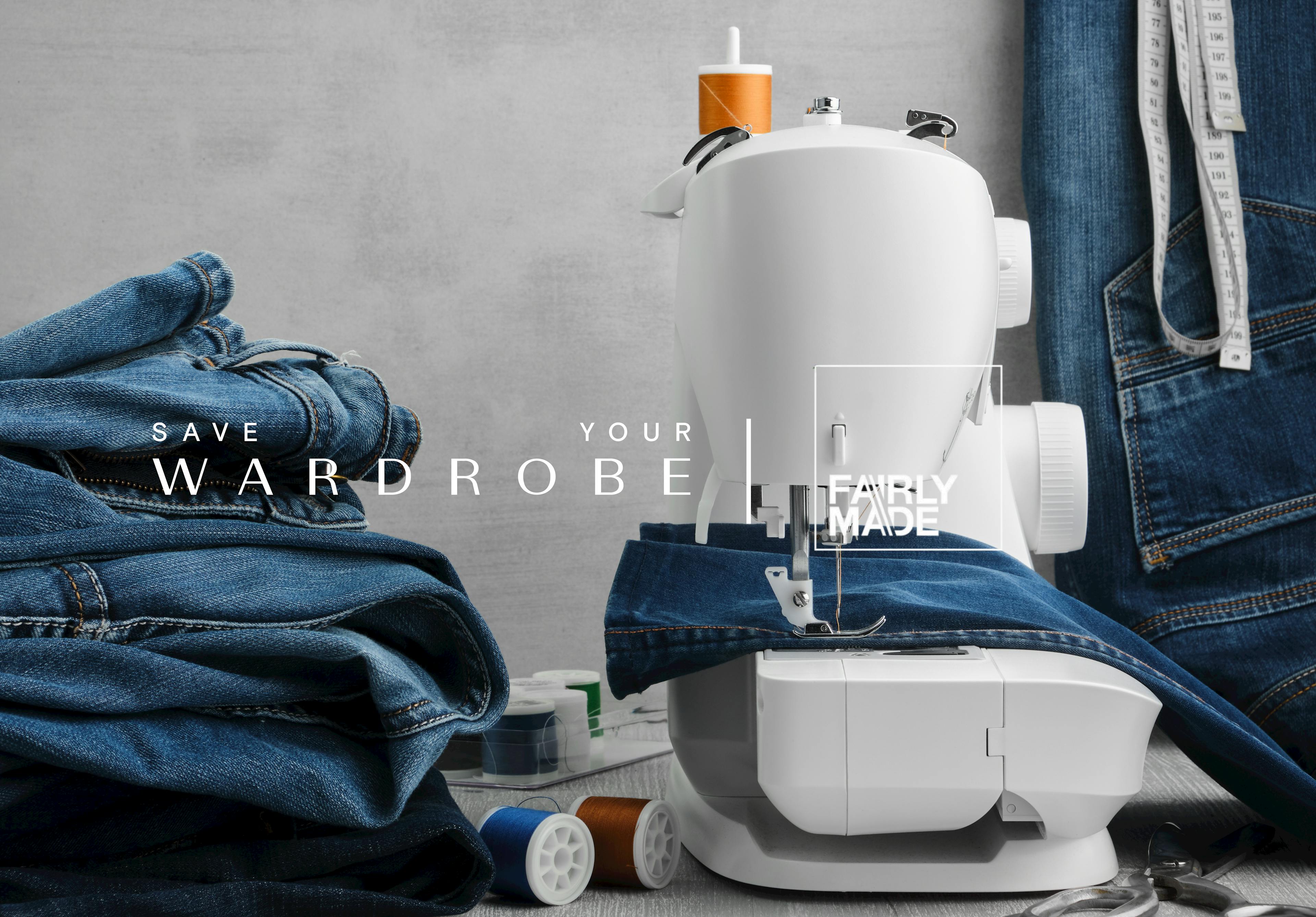
5 Breakthroughs Reshaping Retail Circularity in 2025: AI, Aftersales Tech & Greenwashing Crackdowns
Explore how AI-driven repair systems, new greenwashing regulations in France, extended reality tech, and circular platforms like Chanel’s Nevold are transforming aftersales services and sustainable retail operations in 2025.
France Cracks Down on Greenwashing Campaigns
France’s Senate passed a tough law on June 10 targeting ultra-fast fashion (notably Shein and Temu), banning advertising and authorising eco-penalties of up to €10 per item, or 50 % of the pre-tax price by 2030.
This regulation ushers in robust enforcement, brands must prove eco claims, extending responsibility into advertising, product messaging, and life-cycle management. That means after-sales repair, documented service histories, and transparent Digital Product Passport’s aren’t just nice gestures, they’re baseline credibility builders. Brands without verifiable after-sales support risk hefty fines and consumer distrust.
Google AI Shopping: Smarter, Circular-Ready Retail
At Google I/O, Google unveiled AI-powered shopping advances, notably virtual try-on, AI-enhanced price tracking, and automatic checkout assistance. These aren’t just convenience features, they reduce returns (a major source of waste) and surface high-quality, repair-friendly garments via smart recommendations.
In the broader Circular Economy Accelerator program, startups like Beni leverage Google’s Vision API and Vertex AI to power resale, showing how retail search and discovery can be rewired toward circular outcomes.
Insight: AI-driven shopping can cut returns, boost secondhand trade, and spotlight durable products, directly benefiting after-sales repair ecosystems.
Brands Leading Circular and AI Innovation
2025 is seeing both heritage luxury and high-street retailers leverage tech to futureproof their business models, whether through material reuse or smarter operational strategy.
Chanel recently unveiled Nevold, a B2B platform designed to recycle surplus materials from unsold stock, leather off-cuts, and production waste. Built through its Atelier des Matières initiative, it transforms waste into premium components for bags, shoes, and accessories, all while ensuring traceability and scaling circular supply chains. Chanel’s move signals a growing commitment among brands to embed responsible material management as a core business capability, not just a marketing message.
AI & Tech‑Driven Repair and Recycling Pipelines
AI-powered systems are dramatically transforming how garments are repaired, sorted, and recycled. Optimising operational efficiencies and enabling circular business models:
- Precise textile sorting: AI-driven optical systems using hyperspectral or NIR imaging can classify fabrics and blended materials with over 90 % accuracy. Major initiatives include HKRITA’s Smart Garment Sorting System, surpassing 96 % accuracy, and Danish outfit NewRetex’s automated line handling 200 t/month.
- Hyperspectral solutions at scale: Startups like Refiberd utilise hyperspectral cameras paired with machine learning to detect fiber composition to within 2 %, allowing feedstock to be appropriately redirected, critical for efficiently recycling mixed textiles .
- AI to steer circular logistics: Platforms like Italy’s Re4Circular apply AI to catalogue and route used garments to their optimal end‑of‑life destination. Repair, up-cycling, or recycling, supporting compliance with upcoming EU textile‑waste mandates.
Emerging deep‑learning capabilities: Universities are harnessing deep learning (e.g., NIR‑based CNNs and autoencoders) and zero‑shot segmentation to automate defect detection and component separation—advancing precision in repair preparation and recycling setup.
How Extended Reality Enables a Circular Economy
According to the Ellen MacArthur Foundation, XR technologies (VR/AR/MR), projected to reach a $250 billion market by 2028, unlock immersive design, remote diagnostics, and circular-system thinking.
Imagine: consumers using AR to assess damage and learn DIY repairs at home; designers using VR to simulate disassembly before production; remote technicians walking through VR repair guides on-site, all reducing waste and embedding repair from day one.
XR bridges product design and after-sales care, enabling brands and consumers to interactively extend product life and deliver repair support at scale.
What This Means
Caring for clothes in a circular future isn’t optional, it’s essential. With greenwashing enforcement, AI shopping, repair technologies, bold luxury moves, and immersive tech, we’re entering an era where every garment must have a life story, and repair should be part of the bargain. Brands that elevate after-sales services will not only survive regulations, they’ll build deeper trust, loyalty, and longevity with buyers.
How Save Your Wardrobe Supports Brands in a Circular Transition
At Save Your Wardrobe, we believe that after-sales care is the beating heart of a truly circular economy. As legislation, AI, and tech breakthroughs reshape the industry, we help brands move beyond compliance to deliver lasting value through repair, care, and resale services. From integrating Digital Product Passports to building branded aftercare programmes and facilitating end-to-end repair journeys, SYW equips businesses with the tools and infrastructure to extend product lifespans, deepen customer trust, and meet new environmental obligations. Our platform ensures brands stay ahead of regulation while making care and circularity an authentic, measurable part of their business. Contact us to learn more!





